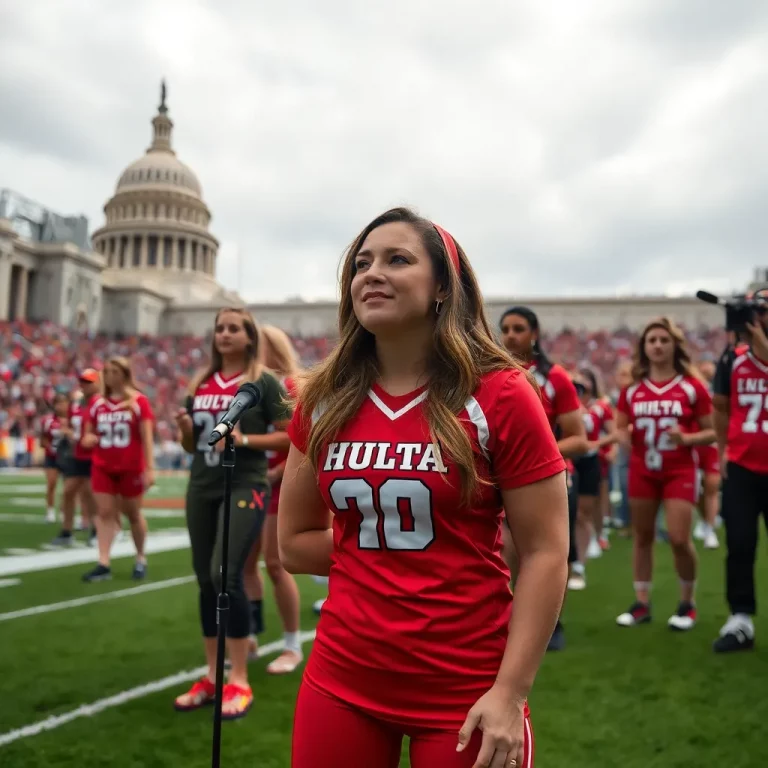In Washington D.C., a group of ten Democratic members of the U.S. House of Representatives has taken a strong stand for female athletes. They recently sent a letter to NCAA President Charlie Baker, asking how the organization plans to protect the interests of women athletes amidst concerns that the majority of NIL (name, image, and likeness) and revenue-sharing payments are going to male athletes.
The lawmakers pointed out that during previous administrations, including that of former President Donald Trump, the guidance surrounding Title IX was rolled back. Title IX requires equitable treatment for both male and female athletes, especially regarding financial support. The letter specifically requests a response by August 30 to five significant questions, including:
- Will the NCAA encourage direct payments to be allocated fairly between male and female athletes?
- How will the NCAA refocus investments in women’s sports to address the ongoing disparity in NIL earnings?
- With a staggering 90% of the $2.8 million damages from a recent settlement directed to male sports, what measures will the NCAA take to ensure a fair distribution?
- How much does the NCAA expect to increase scholarship opportunities for women to boost funding for women’s sports at Division I schools?
- What actions will the NCAA undertake to educate athletes, particularly females, about the settlement and what rights they may relinquish when signing contracts?
In response to the lawmakers, the NCAA did not provide direct answers. Instead, they recommended support for the “SCORE Act“, which aims to safeguard athletes’ NIL rights. The NCAA highlighted its commitment to women’s sports, noting that revenue shares for women’s teams in tournaments were introduced last season and there have been efforts to expand opportunities for female athletes.
The organization emphasizes that Title IX remains a legal obligation, and all NCAA schools must comply. There are ongoing discussions about a limited antitrust exemption that the NCAA believes is necessary to maintain a fair college sports system.
As the debate continues, several athletes have begun to challenge NCAA rules, including the restrictions that allow athletes to play only four seasons within a five-year span. Notably, a group of female athletes has appealed against the House settlement, claiming it discriminated against women, in violation of federal law.


